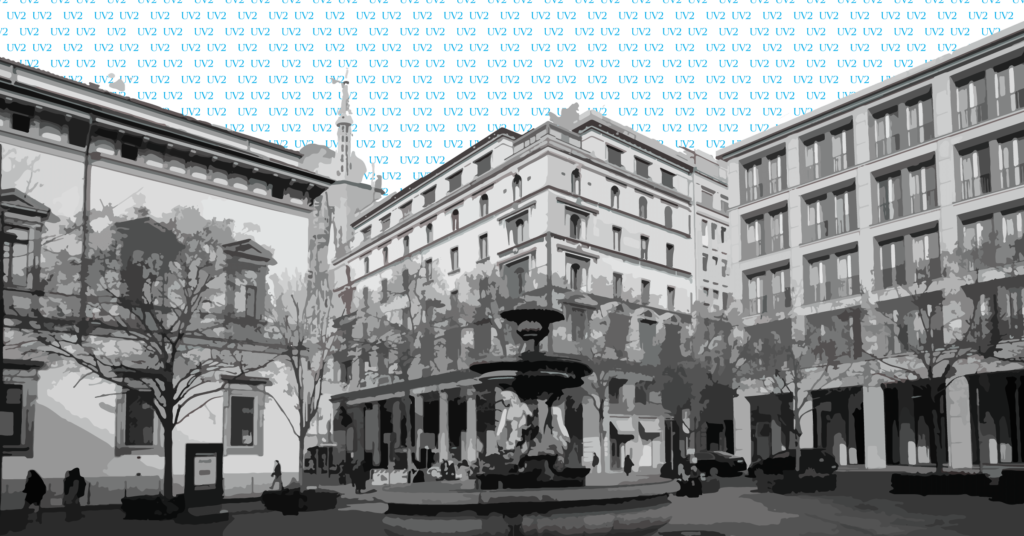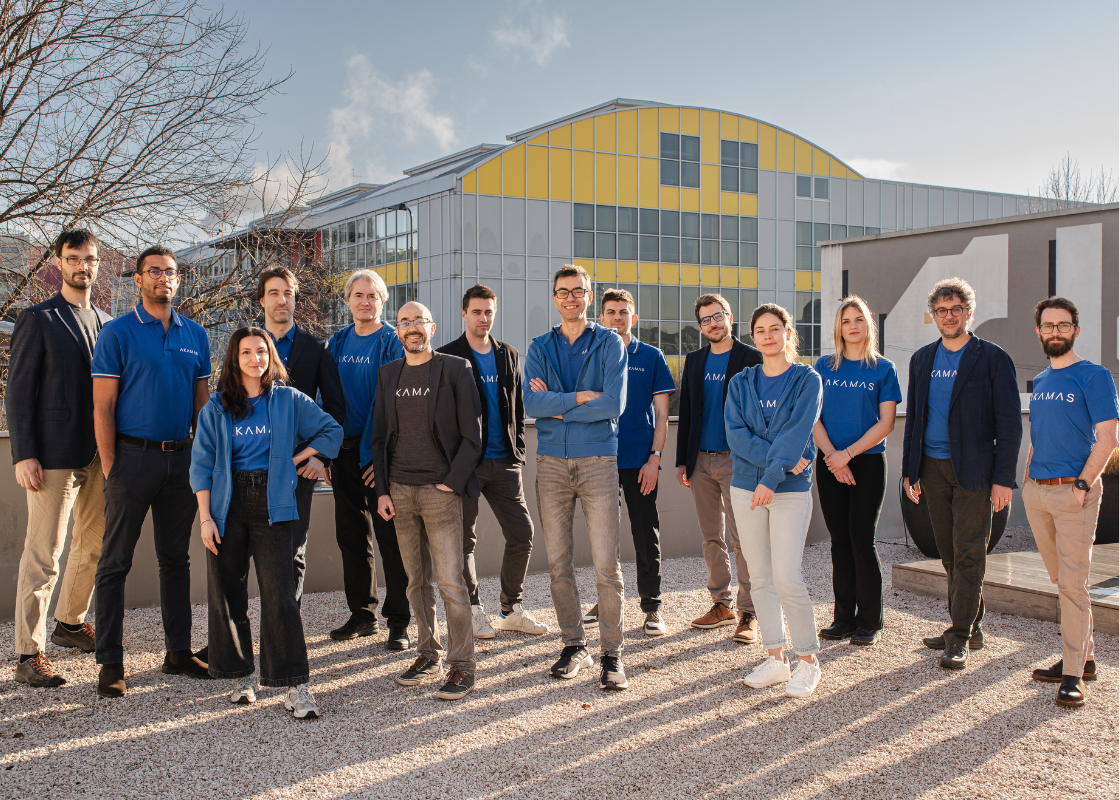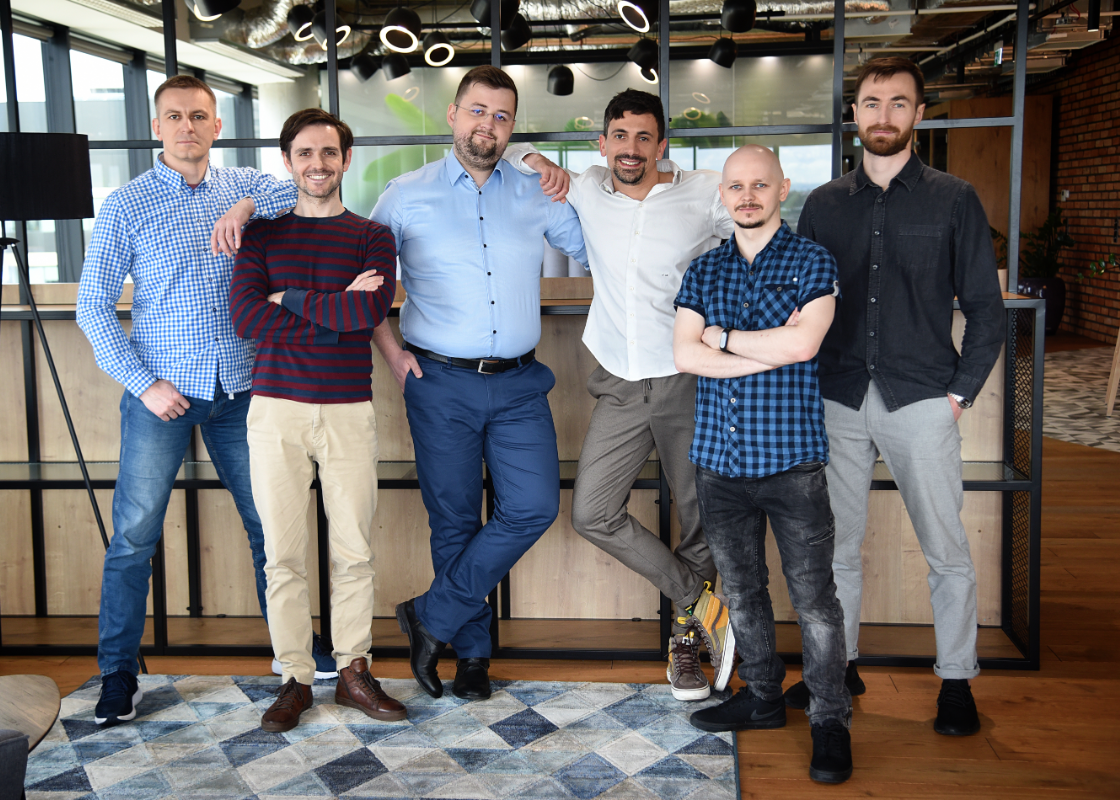United Ventures closes €120M fund UV2
December 3rd, 2019

Recently, our co-founder and managing partner Massimiliano Magrini had a good chat with the economist, journalist and writer Federico Fubini, columnist of the most important Italian newspaper (the Corriere della Sera). In their conversation, they analyzed the state of the art of the Italian and European venture capital scenario and discussed what United Ventures – as independent Italian VC firm investing in disruptive startups in the software and digital technology sectors – is doing to help the innovative Italian entrepreneurs go global.
The news is the final closing at 120M€ of United Ventures’ second fund, UV2 – an important milestone for us and a good signal for the Italian ecosystem of innovation, on its way to compete with our European neighbors and draw international attention and capital to Italy.
The new fund attracted existing and new Limited Partners and is going to reach the hard cap – the maximum target set at the opening of the fundraising. The closing of UV2, which has already invested in five highly innovative companies (MishiPay, Equalum, brumbrum, Credimi, Exein) and a sixth one to be announced shortly, represents news of strategic importance for the Italian venture capital market. In fact, UV2 is one of the largest early-stage venture capital funds raised in Italy this year.
With UV2, United Ventures continues the work of internationalization of the first fund, UV1 – launched in 2013 with a funding of 70 million – and consolidates its role as one of the main players in the Italian and European venture capital market.
Those who understand Italian can read the complete interview here.
Don’t worry if you don’t – we translated it for your convenience. Please find the interview below.
INTERVIEW to Massimiliano Magrini
by Federico Fubini
originally published on L’Economia – Corriere della sera on Monday, December 2nd 2019
Massimiliano Magrini, 51, launched six years ago with Paolo Gesess the first venture capital fund for young innovative companies in Italy. Now their creature, United Ventures, is about to complete the final closing of the second fund at 120 million euros.
Magrini, United Ventures is first in time and size in Italy. What is its position in Europe?
With the imminent closing of UV2 at 120 million euros – after the 70 million of the first fund – we reach an important goal that consolidates the position of United Ventures on the European map of venture capital. Now we are in line with some of the largest funds, with adequate resources to pursue our strategy of focusing on early-stage companies: the financing of the first five years of activity. The size allows us to participate in major operations in this area.
What is the geographical distribution of your investments?
70% of the resources are invested in the European Union and half of them in Italy, where we act as leading investors. For the rest, we work with Switzerland, the United States, and Israel. The size growth is crucial: our investments spark the interest of other international funds; and vice versa, we also begin to invest in their portfolio companies. To date, we have international capital invested in our fund, but not yet at the optimal level. In the future, we expect that in addition to Italian institutional capital, international capital will also grow significantly.
What is the situation in Italy?
We have many innovative entrepreneurs in our country, but they often end up going elsewhere to find what they need – a pool of talents, financial support, a favorable environment. The Italian delay is partly due to the consequences of the Internet bubble explosion in the year 2000: unlike elsewhere, that crisis has created a void of investment in innovative companies in the country for more than a decade. It only started again in 2012. The Italian investment fund of Cassa Depositi e Prestiti has played a positive role in this and the European investment fund can also help.
Do you mean that the public sector must accompany the initial stages of technological innovation?
Yes, it happens everywhere: in the United States, in Israel. In Germany, the public development bank Kfw is very important and so in France with Caisse des Dépôts et Consignations. The initial capital of venture capital is by its nature hybrid, in the early stages of ecosystem growth the support of government agencies is fundamental, then it decreases with the influx of institutional and private capital.
And in Italy?
Finally, a few days ago, the top management of the Italian public venture capital fund has been appointed. Now it needs to be able to attract private capital.
Isn’t it a bit too easy to always blame the government for the delays in a productive sector?
Certainly, large companies can do more, as the institutional investors, especially pension funds, which in a regime of negative rates around the world are investing in the real economy through venture capital, while in Italy they are still not so relevant. In the rest of Europe, large industrial groups often carry on a technology start-up financing activity. I would like to say, however, that we are in the position to catch up: Milan is now twelfth among the top twenty cities for innovative companies in Europe. With its public polytechnics, the University of Pisa and various other centers, Italy produces talent of the highest quality. We don’t produce large quantities of them, but the ones we train are among the best in the world of tech. One more reason to try not to lose them, creating the right environment to keep them in Italy.


